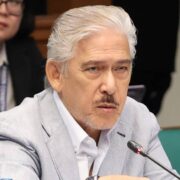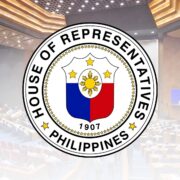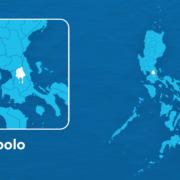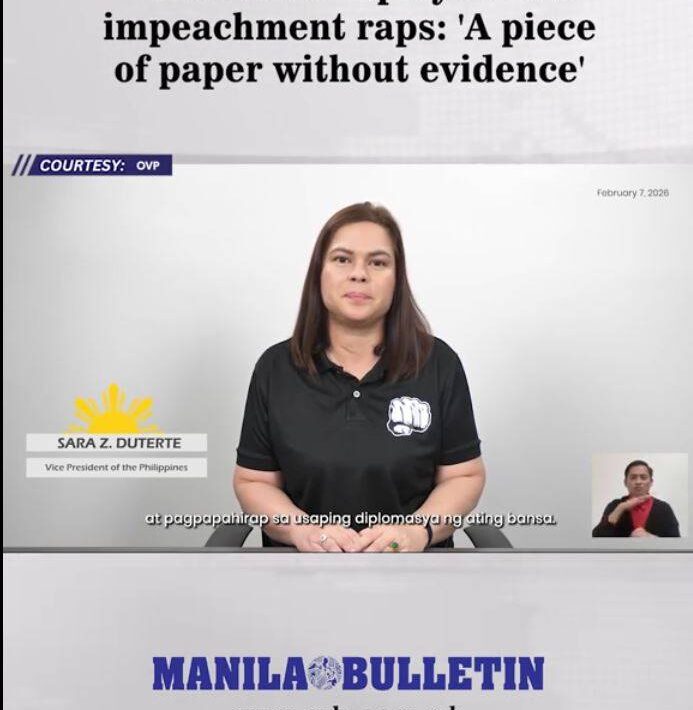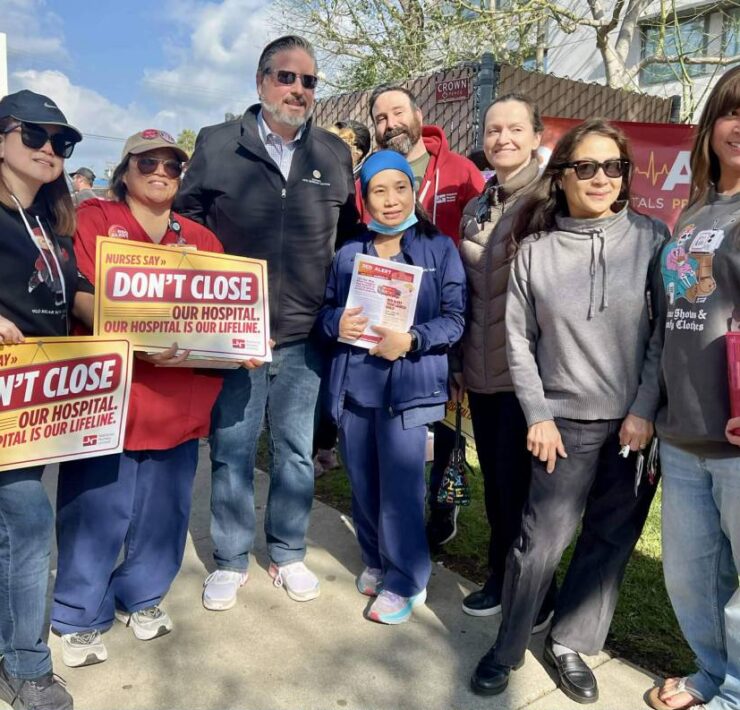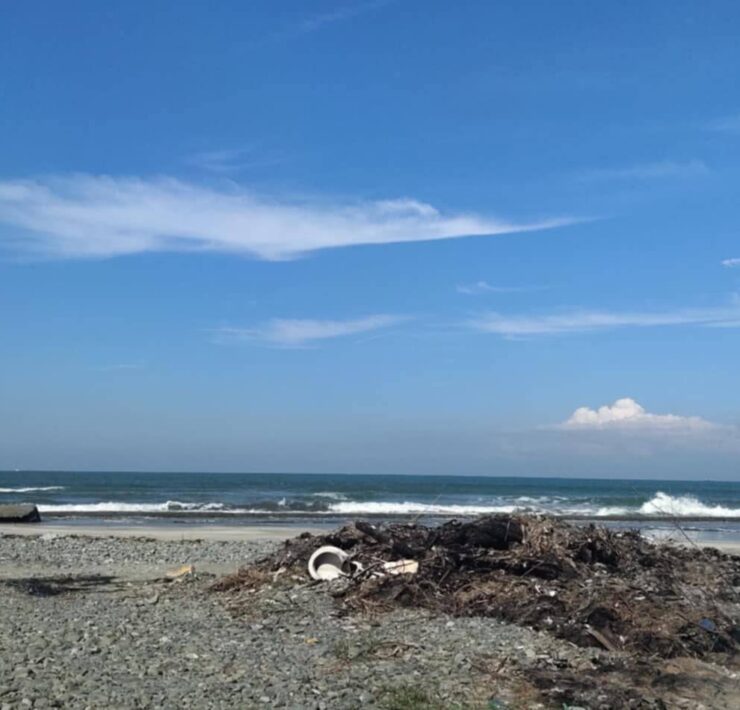PH asserts arbitral win in critical Beijing forum
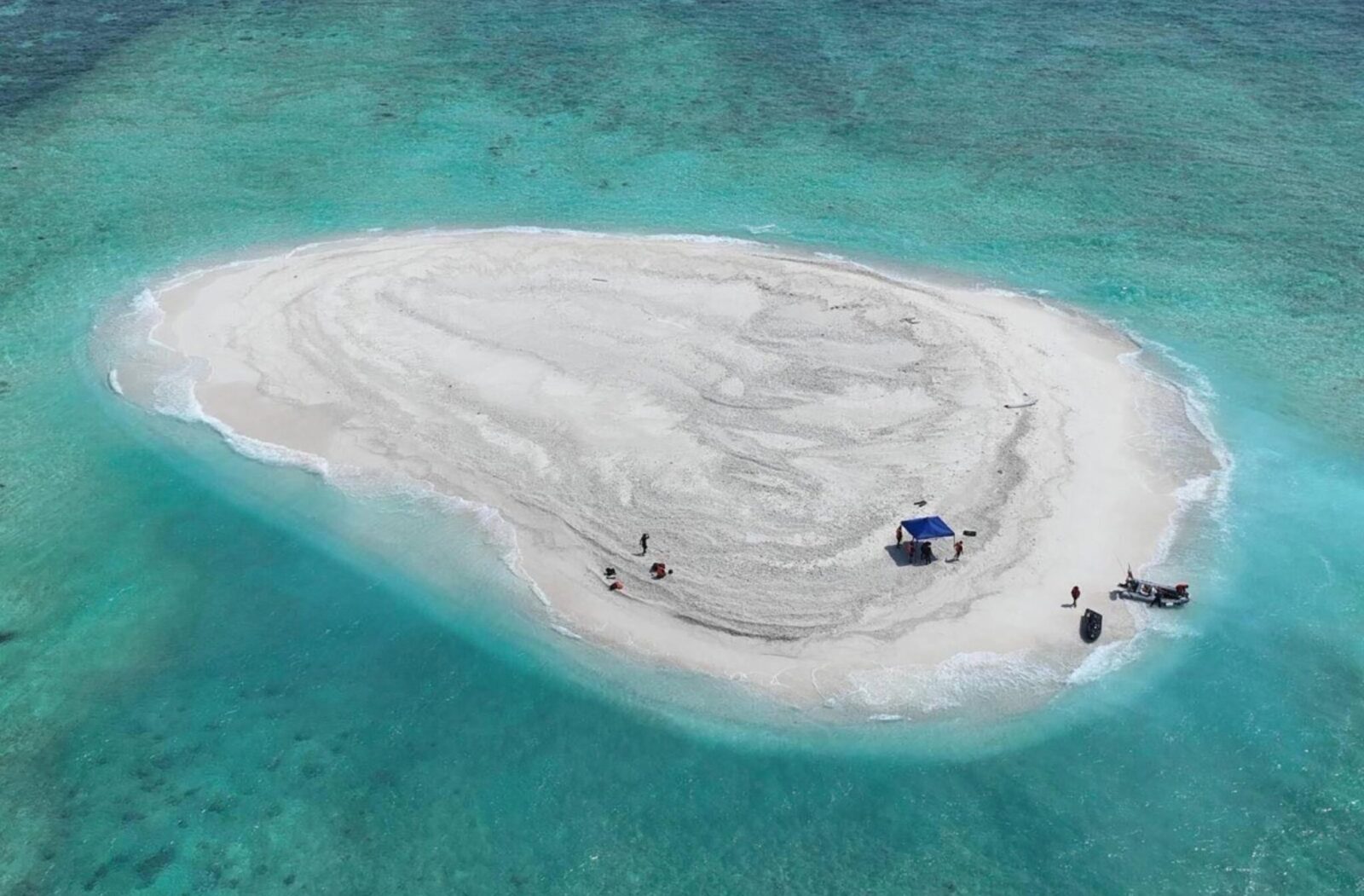
Representatives from the Philippine Embassy in China attended a July 10 forum in Beijing where they reaffirmed the “legal authority” of the 2016 arbitral ruling in favor of the Philippines’ exclusive sovereign rights over the West Philippine Sea.
In a statement on Sunday, the embassy said the forum organized by a Chinese think tank was held two days before the ninth anniversary of the landmark ruling by the Permanent Court of Arbitration in The Hague, where the Philippines brought its case against China in 2013.
The forum “claimed to bring together scholars, legal experts, and policymakers to engage in in-depth discussions on the historical and legal dimensions of the South China Sea,” the embassy said.
But embassy representatives who attended that gathering noted the “predominant criticism of the [arbitral] award and of Philippine policy and actions in the [South China Sea] region.”
The embassy is headed by Ambassador Jaime FlorCruz, a veteran journalist who had reported extensively on Beijing.
Not the troublemaker
During an opportunity for an intervention, the Filipino officials asserted before that audience that the ruling, along with its annexes, “proves the validity and legality of Philippine claims and they are available for everyone to study and read.”
They also rejected the notion that the Philippines was the “troublemaker” in the South China Sea and was refusing to engage in proper dialogue with China.
“We disagree with the notion that the Philippines is not willing to engage with China. In fact, even with the arbitral award, the Philippines has continued to make efforts to keep lines of communication open, maintain proper dialogue, and engage positively with China as well as other claimant states, both bilaterally and regionally, within the context of our legally settled claims in accordance with the United Nations Convention on the Law of the Sea (Unclos) and international law,” they told the forum.
“We hope China’s actions demonstrate genuine willingness to engage and to produce constructive and positive outcomes,” they said.
The Hague ruling also dismissed China’s nine-dash-line claim as having no legal basis, noting that Unclos “superseded any maritime entitlements based on historic rights in excess of the limits imposed” by that international treaty.
US call to China
Meanwhile US Secretary of State Marco Rubio issued a statement on July 12, the anniversary of the landmark ruling, urging Beijing “to abide by the 2016 arbitral ruling and to cease its dangerous and destabilizing conduct” in the South China Sea.
He also called out China for its continued defiance of the ruling, its assertion of “unlawful and expansive maritime claims,” and aggression against its neighbors.
“Beijing’s expansive claims directly infringe on the sovereign rights and jurisdictions of Vietnam, the Philippines, Malaysia, Brunei, and Indonesia, and undermine peace, stability, and prosperity in the Indo-Pacific,” Rubio said on Saturday.
He pointed out that the 2016 arbitral ruling was a “significant milestone and useful basis” to resolve disputes over the South China Sea.
He said the United States supports a “free and open Indo-Pacific,” as it aims to maintain peace and stability and prioritize freedom from maritime disputes.
“We seek to preserve peace and stability, uphold freedom of navigation and overflight, maintain the free flow of trade, and oppose coercion to settle maritime disputes,” Rubio said.
‘Self-serving interpretation’
Foreign Secretary Teresa Lazaro on Friday also expressed concern over China’s continuing rejection of the ruling, emphasizing that it “persists with illegal, coercive, and aggressive actions under cover of a revisionist, self-serving interpretation and application of international law, particularly Unclos.”
She said the government continues to assert the sovereign rights of the Philippines, uphold international law and utilize the bilateral consultation mechanism on the South China Sea as well as the bilateral consular consultations mechanism with China to maintain dialogue and diplomacy at appropriate official levels.









